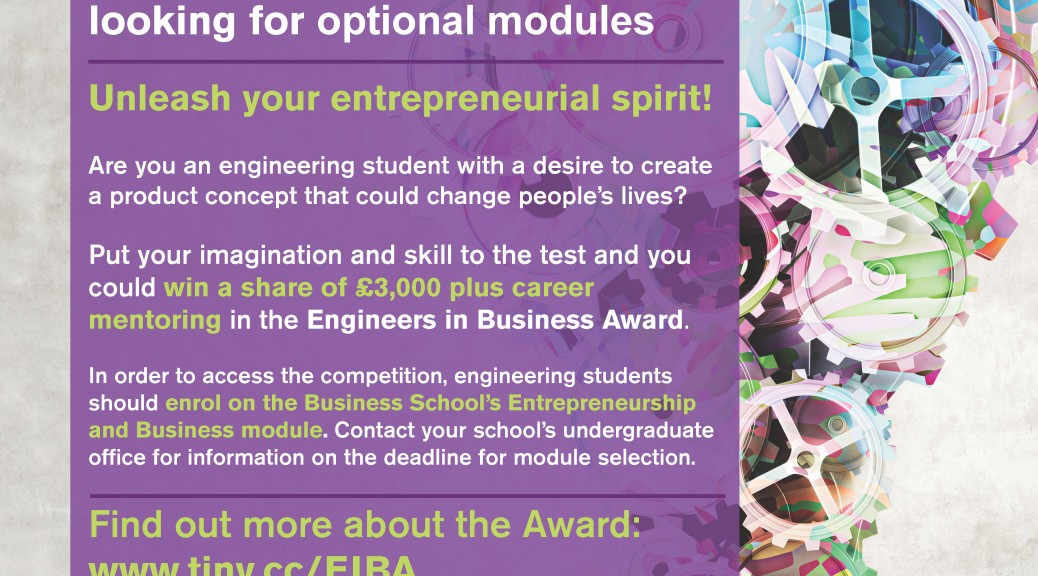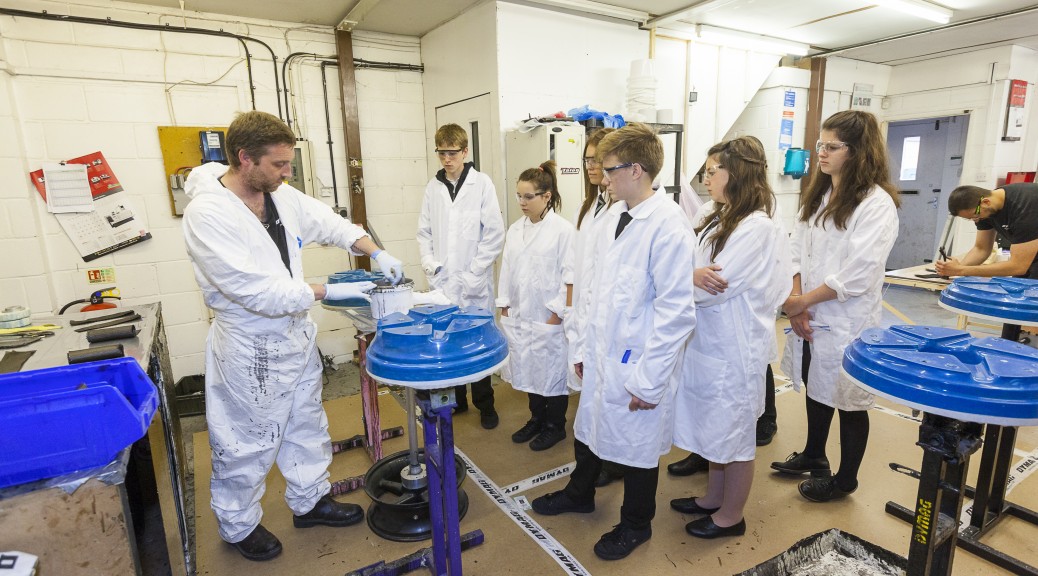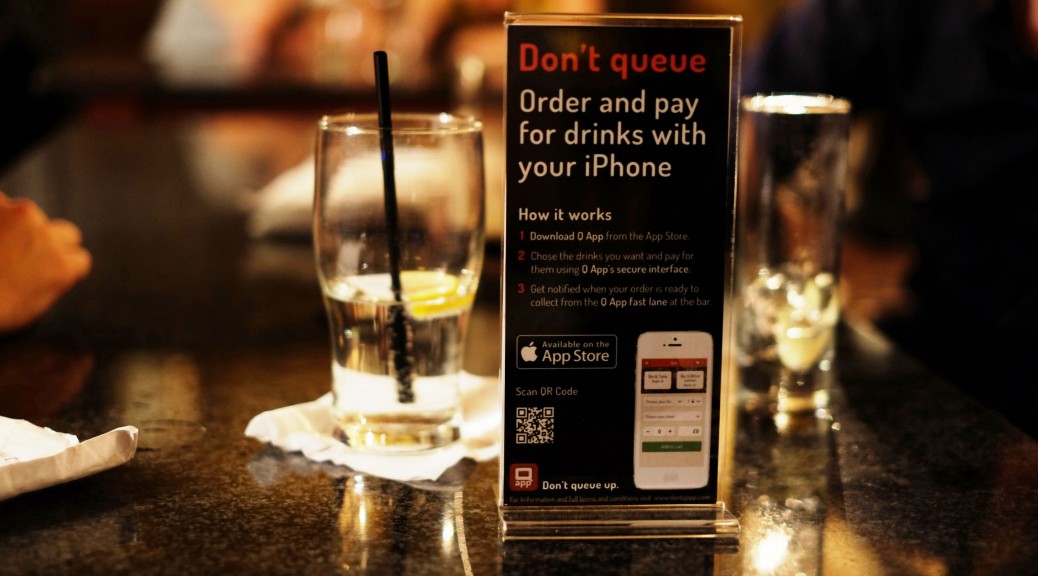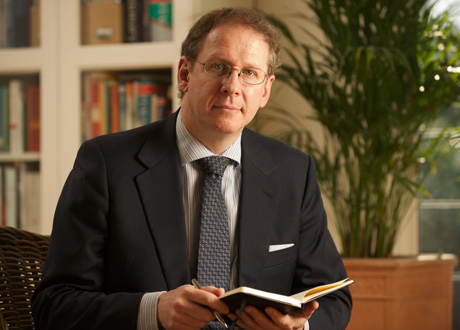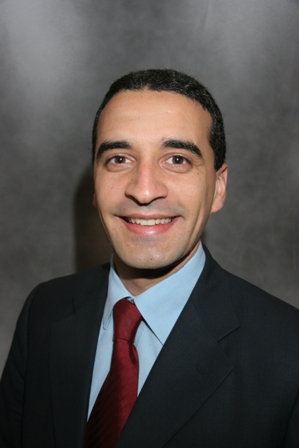 SMF Karim El Hamel, General Manager of Ficosa International in Turkey, a leading automotive parts supplier and Co-founder of PocketCultures
SMF Karim El Hamel, General Manager of Ficosa International in Turkey, a leading automotive parts supplier and Co-founder of PocketCultures
Who inspires you?
I’m inspired by people who are motivated by innovation rather than money and influence; by those who invest in motivated people and contribute positively to the world.
As a child, what did you want to be when you grew up?
I was fascinated by flight and dreamt of being a pilot. Even as a child, I was amazed that only 70 years after having discovered flight, man was able to go to the moon. It was my first awareness of the impact of technology and engineering. Those childhood dreams of being a pilot did have some bearing on my career- I went on to study aeronautical engineering, which enabled me to play a part in the process of converting ideas into real-world products and solutions.
How has your engineering background helped your career?
Engineering has armed me with a logical, investigative approach to tackling complex problems. I soon learned that one plus one doesn’t always equal two! Sometimes the best decisions for shaping the future come about from ‘back of the envelope calculations’ – it’s easy to drown creativity in too much detail. Other times, particularly where small factors have a big influence, decisions need to follow a detailed technical study. An engineering background helps identify the best approach to take in the decision-making process and has been of real benefit to me at Ficosa and PocketCultures, my entrepreneurial venture. Reverse engineering is also important when analysing your own and other companies in order to make improvements.
What has been the greatest influence on your business life?
Recognising that, despite cultural differences, people are essentially the same the world over and that we need to try harder to understand the differences and similarities if we want successful relationships and businesses.
I’m Libyan/Italian and have worked internationally, including in Turkey, where I am Country General Manager for automotive parts supplier, Ficosa (engineering is relatively standard across different territories which facilitates geographical moves). This international experience and my multi-cultural background have shown me that many of the problems in the world stem from misunderstandings caused by a lack of intercultural awareness.
I’m passionate about demystifying cultural differences and highlight areas of common ground. By inspiring a culture of learning, and providing a platform to facilitate learning, I believe it’s possible to address this issue.
That’s why I and my co-founders set up PocketCultures in 2006, a non-political, non-profit online resource where people can learn what life is really like in different countries from contributors across the globe. PocketCultures’ content covers science, language, food, music, personal stories and interviews with people living across cultures or in cross-cultural relationships.
This online project provides a platform for learning, connects people across the globe, improving cultural awareness and understanding between members. We aim to do our bit to make the world a fairer, more tolerant place. The media has a powerful influence on how cultures are presented, and there is a responsibility that goes with that. PocketCultures is committed to providing an accurate picture of the cultural side of people’s lives by featuring those with first-hand experience of life in the country in question.
Cultural differences influence our approach to engineering. In Europe, for example, we tend to plan everything out and ‘do all the maths’ first because we want the engineering to be perfect before production takes place. But in places like China and America, engineers tend to produce physical products for trial and adapt and perfect. If it works then they scale up. In my opinion, this more adventurous approach can result in these countries gaining an economic advantage and perhaps Europe needs to take a lesson from other countries.
What’s Next for PocketCultures?
Since PocketCultures was launched, the number of visitors has grown exponentially – we now have 25,000 unique visitors each month, 30 regional contributors and the list is growing; so much so we’ve employed three professional editors to support contributors.
The site has been reported in the Lonely Planet, has started topping Google free searches and is becoming a familiar sight on Flickr, Facebook and Twitter.
We recently released a free, downloadable eBook for children, Games for Kids of the World, produced with contributions from supporters around the world. We’ve also just launched, PocketButiks, the e-commerce element of the site which allows craftspeople from around the world to sell goods. The revenue will help to offset the cost of running PocketCultures.
What’s your greatest achievement?
During my time at Rolls-Royce and while studying for my SMF-sponsored MBA, I embraced the idea of a ‘learning organisation’ being the ultimate sustainable advantage for a business.

The process, illustrated here, needs to be supported by having a psychologically safe and interactive environment. It is an integral part of the development of PocketCultures too. As Country General Manager at Ficosa, I’m responsible for delivering sustainable employment and development of young colleagues through fresh challenges, training and dreaming.
My greatest professional achievement has been working with my team at Ficosa, to develop and implement ‘learning organisation’ activities. I believe this has helped Ficosa grow and thrive even in this tough economy. Click here to enlarge image Achieving a ‘learning organisation culture has been enhanced by working in partnership with one of our major clients, Toyota, which lives and breathes this philosophy.
Why add business education to your engineering degree and experience?
Engineering can help you design and build things, but to take an invention forward as a business requires a whole new skills set. I saw an MBA as the route to gaining a fuller appreciation of business processes. I saw it as the path to make more of a positive impact on society.
The business degree has given me a keener understanding of how to target customers and has taught me how to read between the lines when it comes to interacting with and understanding the needs of stakeholders. What’s more, the combination of professional engineering and business skills affords unlimited success across both business and geographical borders. The natural route would have been to become an engineering manager, but the experience of the MBA – and a supportive wife – allowed me to shift into general management and also to set up PocketCultures.The MBA has also enabled me to adopt a learning approach within business.
Has the MBA made you more of an entrepreneur?
Definitely. In addition to learning entrepreneurial techniques, and gaining insight from the experience of others, I met people – who like me – were motivated by social responsibility and philanthropy. It gave me the confidence to set-up a not-for-profit business. The MBA helped me develop a sound business plan for PocketCultures, and has now proven invaluable in developing and bringing PocketButiks to market using purely theoretical projections and mutual trust.
The entrepreneurship route is not for the faint-hearted. It’s a risky one, especially for work/family life balance so I’m fortunate that PocketCultures’ managing editor, Lucy Chatburn, is my wife! We work long hours on the site during weekends, but we’re doing it together, so family life doesn’t suffer and the rewards are great.

Lucy and Karim – co-founders of PocketCultures
Learning entrepreneurial techniques is proving valuable in my role at Ficosa, as it helps to create a supportive environment for intrapreneurship. It also helps to define the system to control new project evolution and maintain them aligned with the company vision and business practices.
What benefits have you gained from being part of the SMF community?
SMF gave me the financial support to study for the MBA, allowing me to concentrate on my studies rather than worry about how I was going to pay off a bank loan! This has helped me follow a path towards a job that I feel passionate about.
Being a leader can be a lonely business, with few counterparts to use as a sounding board. SMF provides a network of professionals to benchmark myself against. Like many Sainsbury Management Fellows, I was initially attracted by the financial support to do the MBA, but I soon realised that the benefit extends way beyond money. One of the greatest benefits is the network of SMF colleagues from many industries with whom I can discuss challenges and get objective feedback. The advice and feedback offered by our network is a key ingredient in releasing entrepreneurial talent and has played a big part in my career.
Do engineers make good board directors?
I’m bound to say Yes. Seriously, research conducted by EngineeringUK for SMF revealed that almost 60% of FTSE100 companies have a professional engineer on the board. By combining their risk analysis skills with their ability to identify and focus on critical success factors, they can help reduce the potential for failure. A strong grounding in project management also helps business to apply technology more rapidly.
I believe it is the mix that brings the sustainable advantage, so a board would benefit from including women and men from different backgrounds, including engineering. The company would link vision and delivery more rapidly to the benefit of all stakeholders including society.
Case studies correct at the time of publication. SMFs may have moved to new posts since publication. For the latest career information on our Fellows visit our SMF Profile Page.
 Sainsbury Management Fellows (SMF), the charity that awards MBA scholarships to engineers, is collaborating with Nottingham University Business School (NUBS) on an Entrepreneurship & Business (E&B) Poster Competition.
Sainsbury Management Fellows (SMF), the charity that awards MBA scholarships to engineers, is collaborating with Nottingham University Business School (NUBS) on an Entrepreneurship & Business (E&B) Poster Competition.




